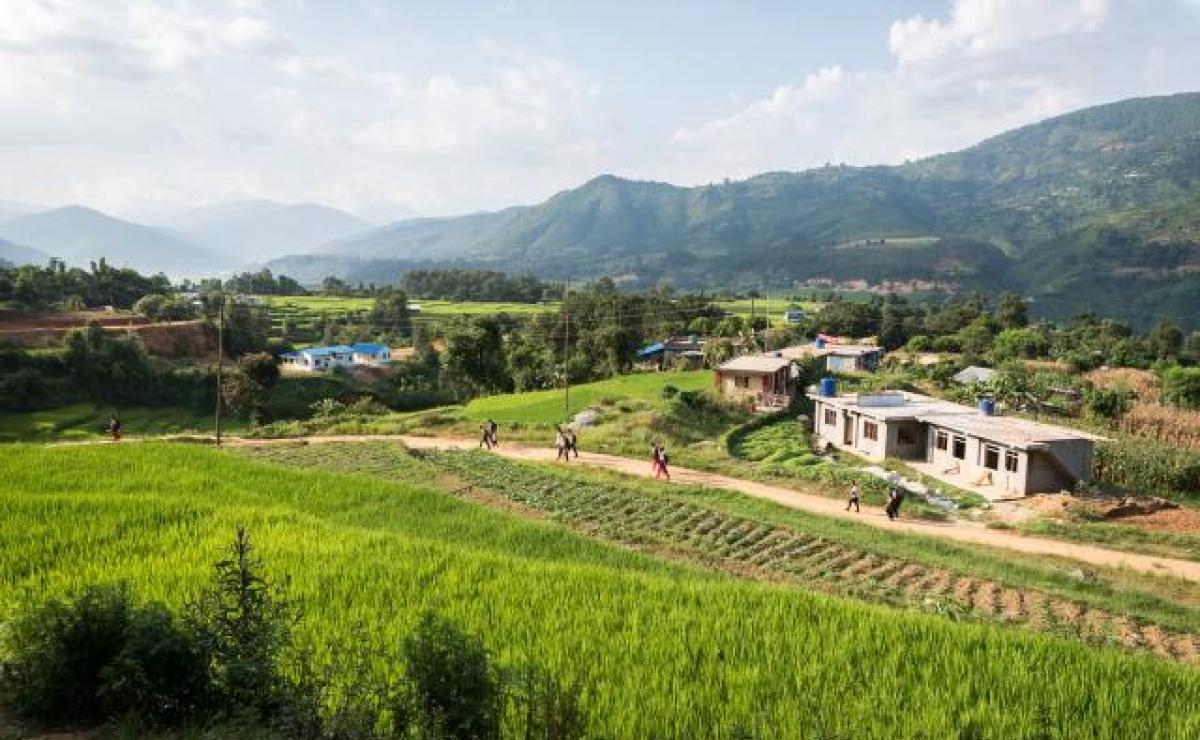COVID-19: Adopt an Economy of Life, urge global Christian organizations

Coronavirus pandemic a prophetic moment
(LWI) – The COVID-19 pandemic has brought a new urgency to adopting an “Economy of Life.” Global Christian organizations that represent millions of people across the world are calling for action during a “prophetic moment.”
In a joint message, the Lutheran World Federation (LWF), World Council of Churches, World Communion of Reformed Churches, and Council of World Mission have urged governments to bolster support for healthcare and social protection. They further called for debt cancellation and the implementation of progressive wealth taxes at national and global levels to resource the critical response to the pandemic.
“We need an economy of life, where creation and human beings are not for sale, and a theology, where salvation is not for sale," said Rev. Dr Martin Junge, General Secretary of the LWF. “We are issuing this call now, for an economic system that prioritizes people and the planet over profit, and protects the livelihood and human rights of people.”
“The public health emergency is symptomatic of a deeper economic crisis that undergirds it,” the message reads. “Moreover, ineffective and corrupt governance at national levels has exacerbated the inability of governments to support those who are most vulnerable to the pandemic.”
The ecological crisis facing the world today is closely related to COVID-19, the message notes. “No country is an island,” the joint message reads, “The current juncture and the burgeoning climate disaster demand coherence, collaboration, innovation, and transformation on a global scale.”
The four organizations are jointly calling for:
- The implementation of just taxation proposals, including the initiation of a progressive wealth tax, financial transaction tax and carbon tax at national and global levels; the reintroduction of capital gains and inheritance taxes; measures to curb tax evasion and avoidance; and reparations for slavery and other social and ecological debts including through debt cancellation.
- Governments to reclaim and safeguard public goods and the ecological commons from neoliberal processes of privatization and commodification; guarantee living wages for all; and privilege such life-affirming areas as health, education, water and sanitation, agro-ecology, and renewable energy in both Covid-19 recovery and longer-term plans.
- The United Nations (UN) to convene an UN Economic, Social and Ecological Security Council (building on the 2009 Stiglitz Commission proposal for a Global Economic Coordination Council) to provide leadership in addressing interconnected economic, social and ecological crises that require coordinated international action.
They furthermore urged Christian communities worldwide to be models for economy of life in their own contexts, joining hands with other movements to amplify the urgent need for an overall change to the current economic and political systems.

